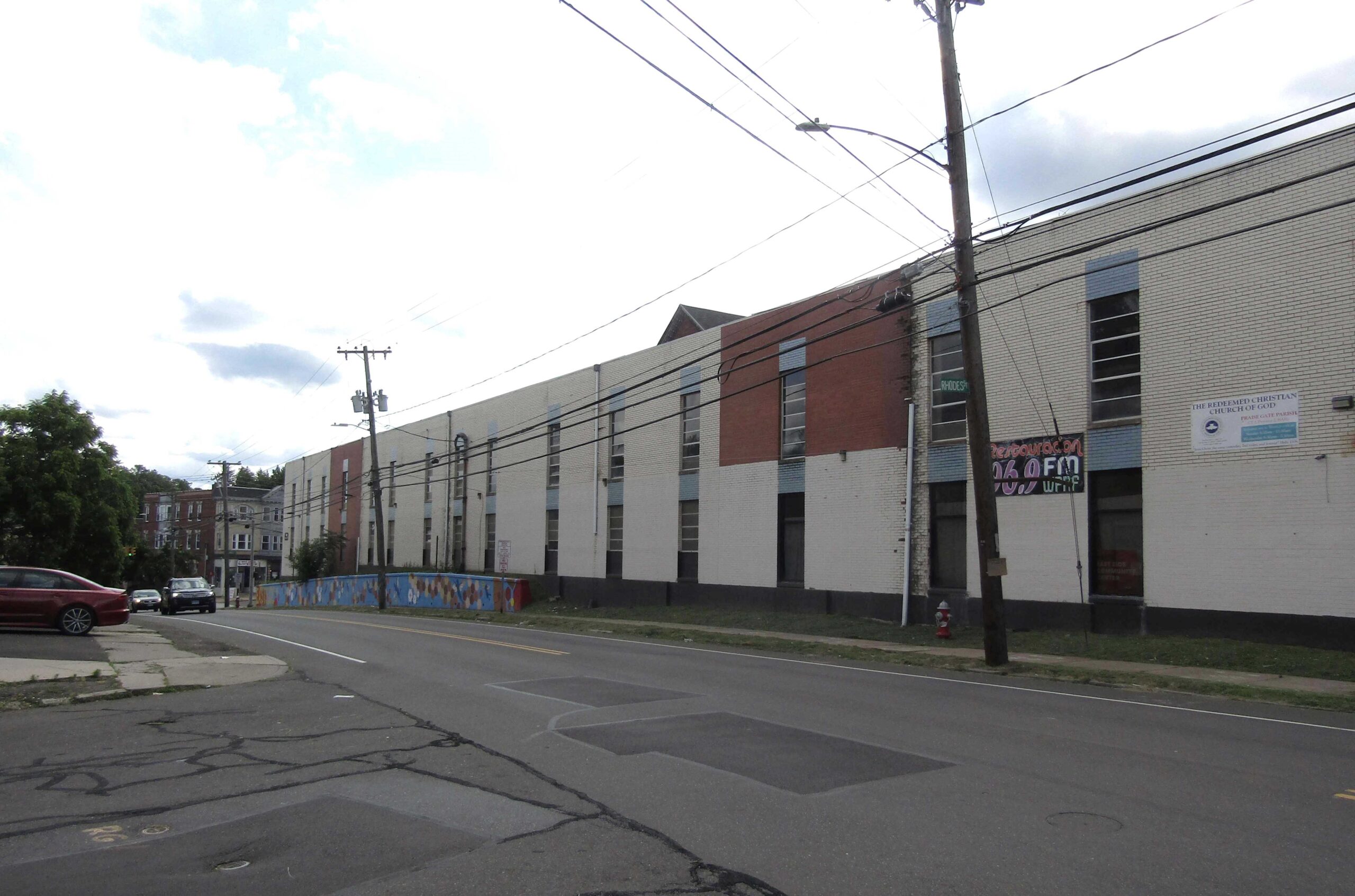
Stewart Administration Proposes New Self-Storage Zoning Rules
Yet another raft of zoning proposal has been submitted by the administration of Mayor Erin Stewart (R), including new rules concerning self-storage businesses, proposed against a backdrop of an ongoing dispute between Stewart and former Republican Council member James Sanders, Jr.
The new list of zoning proposals were introduced by Council Republican leader, Ald. Robert Smedley (R-4), who typically procedurally introduces proposals for the Stewart administration. The proposals include changes concerning “T” zone dimensional rules, parking space requirements, nonresidential use of historic houses, downtown building signs, porches, caretakers dwelling units and new fees and zoning permit requirements. There is also a proposal to re-zone part of Allen Street.
The new rules on self-storage comes against the backdrop of a very public dispute between Sanders and the Stewart city hall. Sanders said that the city blocked his plans to utilize 600 East Street as an Extraspace Storage facility in the building that has long been used and allowed as a warehouse and a former storage facility for New Britain-based moving companies since the 1950s.
Sanders had said his project “would generate an additional $220,000 in tax revenue” and when accompanied by his TOD (Transit Oriented Development) project for housing “could add an additional $250,000 or more” in taxable property.
In 2023, the Stewart administration had proposed a moratorium on self-storage facilities to the then-Republican-controlled City Council. Sanders publicly spoke before the Council against the moratorium, and some of Council Republicans raised stern questions about the proposal, and others that were considered with it. Then, the Council tabled the proposal, effectively defeating it.
Sanders later called for the Council to formally investigate the actions of Stewart and a number of key city hall officials, saying that, “the city of New Britain has acted arbitrarily and capriciously,” after his development proposal was rejected by the Stewart-appointed Zoning Board of Appeals.
The zoning rules that are now being proposed would say that, “No self-storage facility shall be allowed at any location that abuts residentially zoned or used property or is within 100 feet along the same street frontage from any residential zoning district.”
Sanders’ existing building at 600 East Street which is proposes for self-storage appears to be across the street from a residential “T” zone.
The proposals were referred to the Council’s Committee on Planning, Zoning and Housing for a public hearing and consideration.



